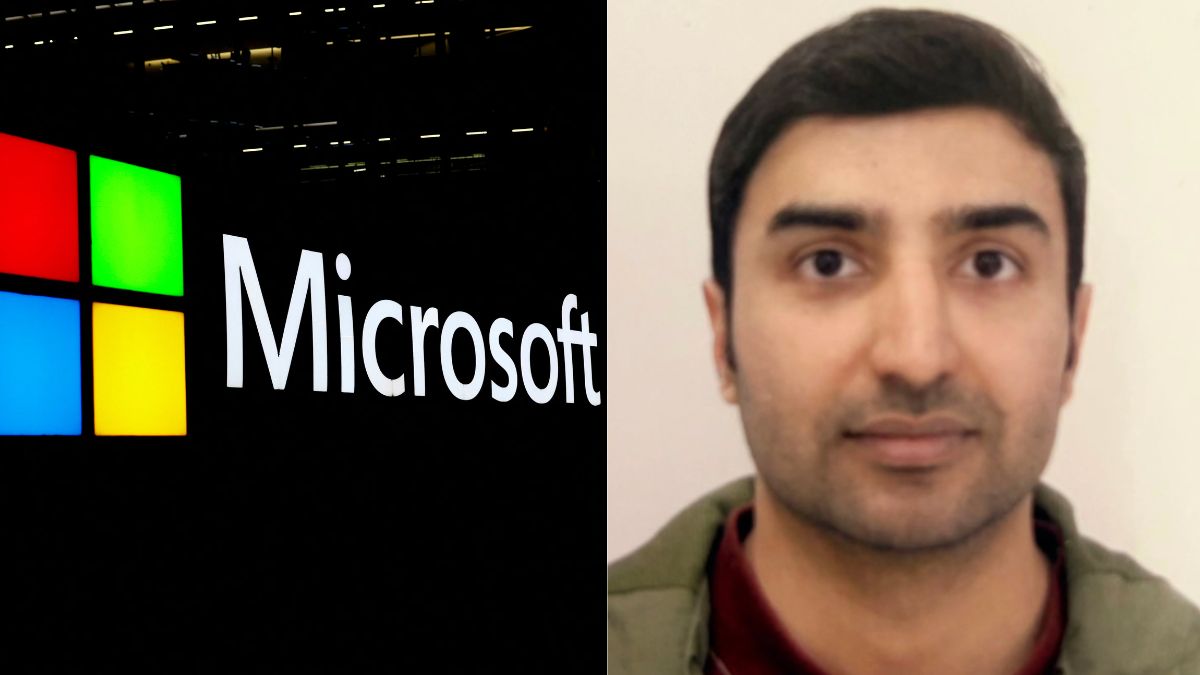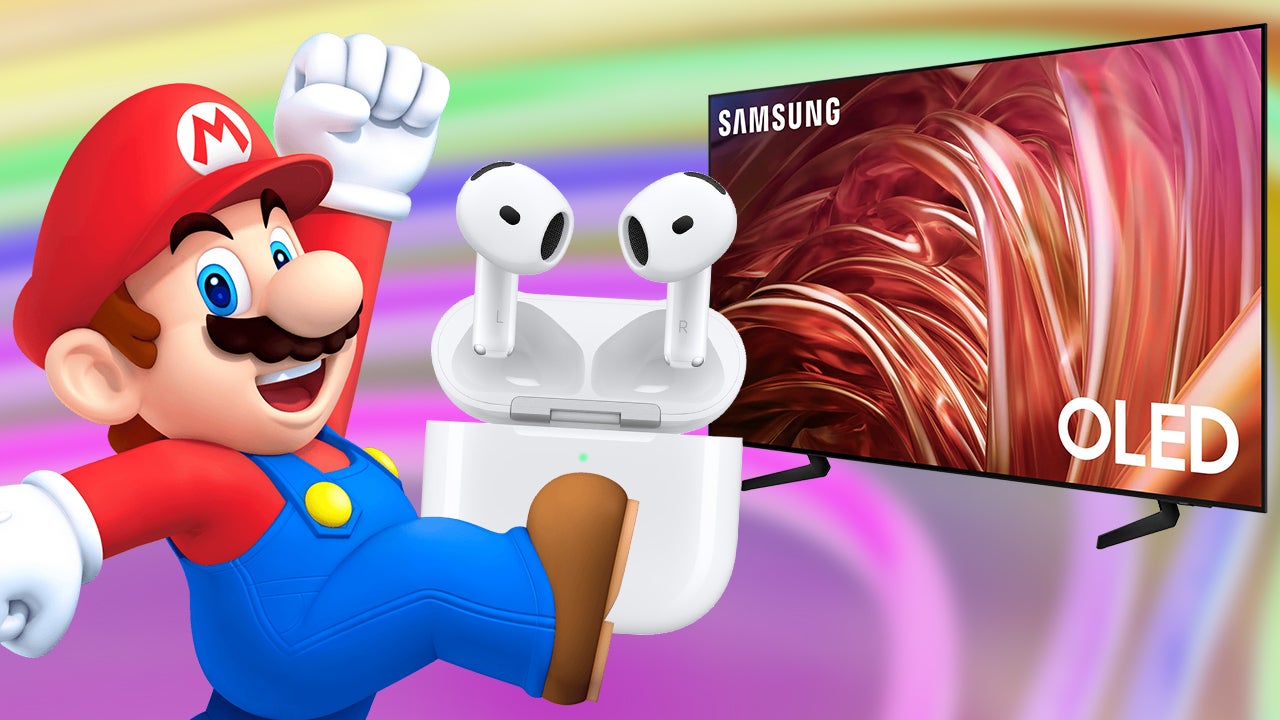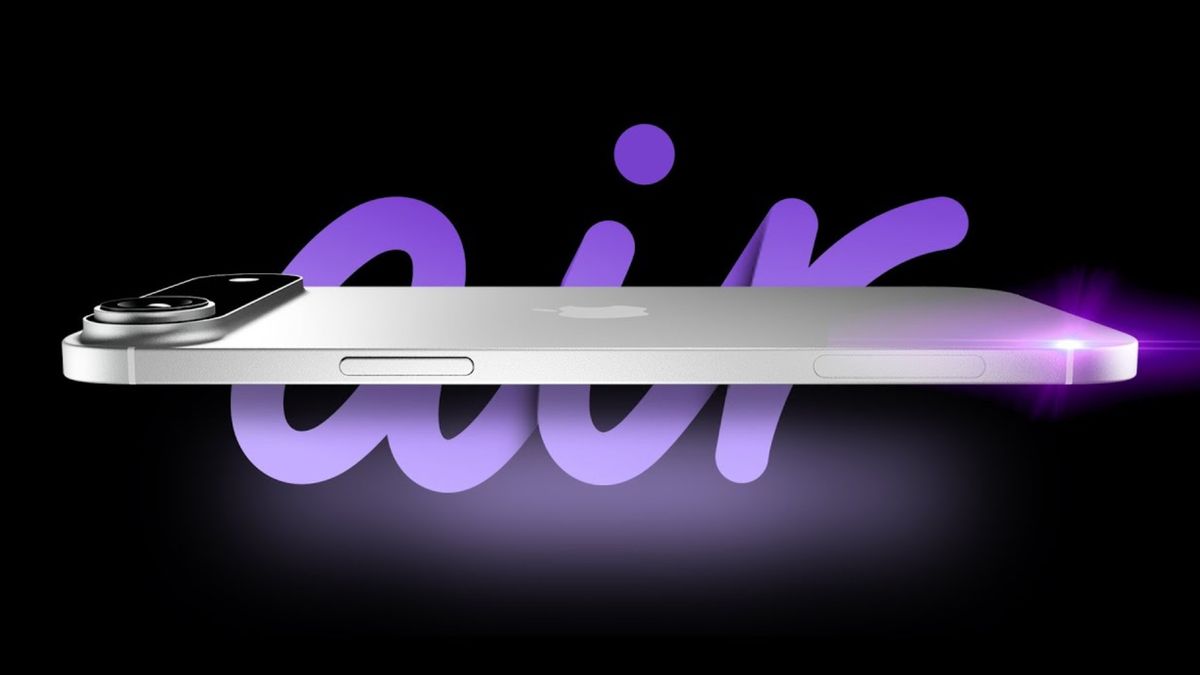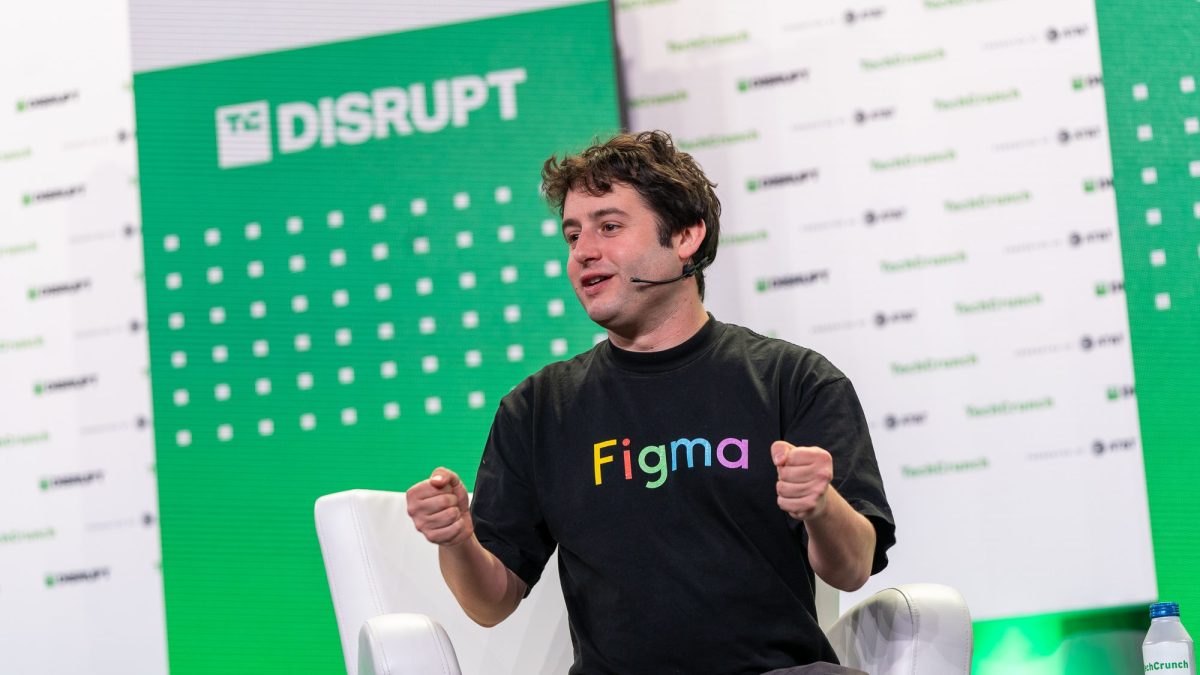Tech Tragedy: Microsoft Engineer's Death Exposes Silicon Valley's Brutal Work Demands

In a powerful call for workplace transformation, Pandey's uncle shed light on the critical importance of cultivating a healthier work-life equilibrium. He passionately argued for a corporate culture that places employee well-being at the forefront, challenging the traditional mindset of relentless productivity that has long dominated high-pressure industries.
Drawing from his extensive experience, he emphasized the need to move beyond the toxic narrative of glorifying endless work hours and crushing deadlines. Instead, he advocated for an approach that recognizes employees as whole individuals, not just productivity machines. By prioritizing mental health, personal time, and sustainable work practices, organizations can create more supportive, innovative, and ultimately more successful work environments.
His insights serve as a timely reminder that true professional excellence isn't measured by the number of hours worked, but by the quality of work, employee satisfaction, and overall organizational health.








